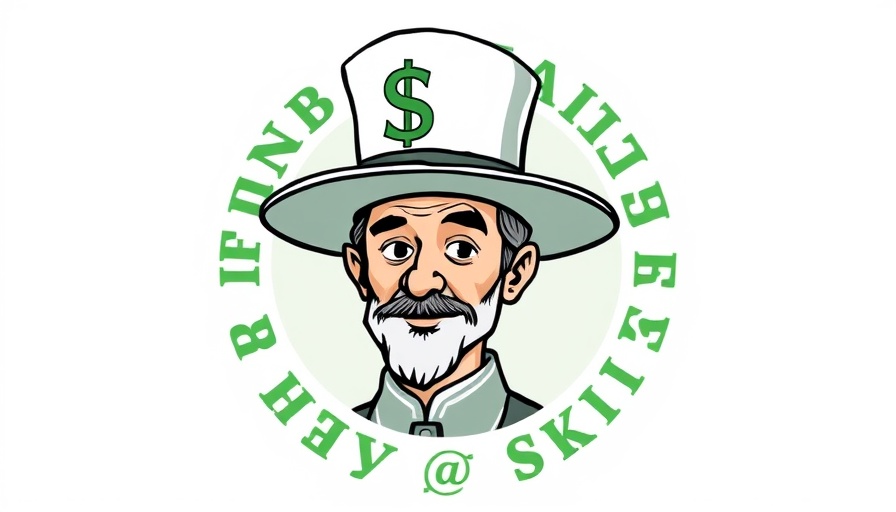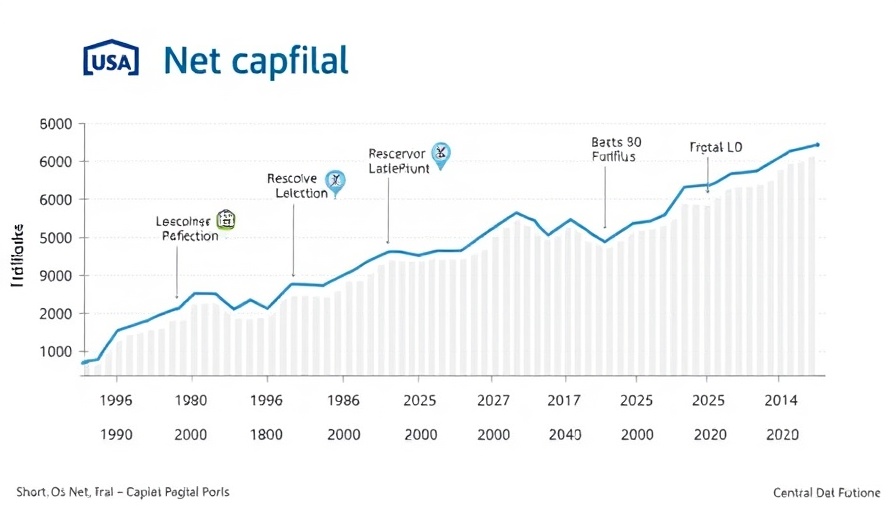
Understanding What NOT to Invest In
Investing can often feel like navigating a labyrinth, especially when trends change at lightning speed. In a recent enlightening discussion with financial expert Barry Ritholtz, podcast hosts Joe and Josh of Stacking Benjamins encourage listeners to consider the power of knowing what not to do. It’s a refreshing shift from the usual advice that floods the airwaves—rather than focusing solely on strategies for investment growth, understanding potential pitfalls can be equally, if not more, beneficial for investors.
Common Missteps that Can Lead to Financial Woes
Barry Ritholtz articulates several common missteps that many make: chasing the latest trends, succumbing to behavioral biases, or avoiding research altogether. This advice resonates strongly in Philadelphia, where top wage earners often feel the pressure to keep up with flashy investment options appearing in news headlines. By highlighting these pitfalls, Ritholtz reminds us that disciplined investing relies heavily on informed choices and emotional resilience.
Behavioral Finance Insights for Everyday Investors
A core part of Ritholtz's insights involves behavioral finance—the psychology behind how we make financial decisions. Many investors, especially those newer to the market, can easily fall prey to panic-driven choices during market fluctuations. By understanding these psychological triggers, individuals can create a more stable financial future, while maintaining their mental health amidst market chaos. This strategy is especially pertinent for Philadelphia's high earners, who often juggle considerable financial stakes.
Leveraging Lessons Learned for Future Success
In a world filled with uncertainty, gaining knowledge about what not to invest in can give you an edge. Ritholtz encourages investors to think critically about their decisions, weigh risks carefully, and stay the course during turbulent times. For those in Philadelphia, embracing such wisdom can illuminate the path to creating a secure and prosperous investment portfolio.
Next Steps for Applying These Insights
As you explore your investment strategies, take a moment to reflect on the lessons discussed by Ritholtz. Identify any patterns in your decision-making process and consider consulting financial experts to help steer you away from prevalent investing fads. Engaging with trustworthy financial advisors can foster a more robust foundation for navigating your investments with confidence.
 Add Row
Add Row  Add
Add 




Write A Comment